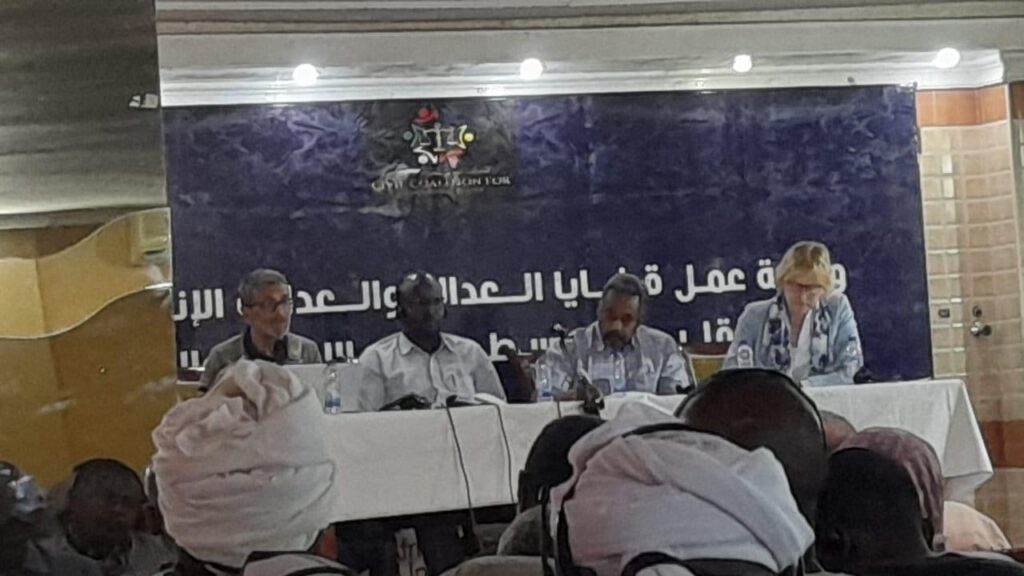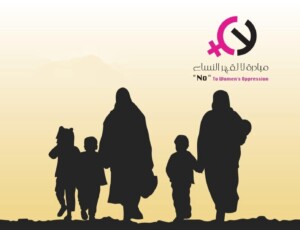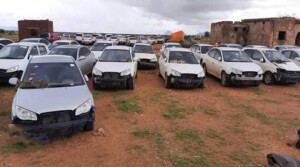Transitional Justice workshops say Sudan must end impunity and human rights violations

The workshop on (transitional) justice for the Kordofan region concluded in Kadugli on March 13 (File photo)
KADUGLI / KHARTOUM / NYALA –
Three separate workshops on Justice and Transitional Justice for Kordofan, Central, and Darfur regions concluded with many recommendations, including the end of impunity and human rights violations and the improvement of rule of law and security in Sudan.
The workshop on Justice and Transitional Justice for the Kordofan region was concluded in Kadugli, capital of South Kordofan, on Monday evening. The workshop emphasised a need for building trust between communities, restoring confidence to victims of injustice and their families, and reparations for violence.
In addition, the workshop noted a need to reform judicial and military institutions and agencies.
Participants also recommended resolving issues of land ownership, hawakeer (lands traditionally used by a particular clan or tribal group), and tracks.
There is a need for comprehensive peace processes throughout Kordofan to stop tribal fighting, ensure power sharing, and achieve sustainable development. The workshop also confirmed its support for a democratic civil government that adheres to the principles of the December revolution outlined in the Declaration of Freedom and Change.
Khartoum workshop
In Khartoum, the Justice and Transitional Justice workshop for the Central region recommended the formation of a national committee to investigate the murders and violations that occurred after the October 25, 2021 coup.
The workshop, which concluded on Monday, emphasised ending the culture of impunity, stopping human rights violations, building trust between people and the state, restoring dignity to victims and their families, and reparations for damage.
It also focused on reforming state institutions, justice agencies, and security and military agencies, along with ending the culture of impunity and better establishing the rule of law. Recommendations must be included in the final agreement, the transitional constitution, and the transitional government program, said participants of the workshop.
The participants also recommended the need to return to or amend the formation of the National Commission to investigate violations and crimes against human rights committed in June 2019 in the capital and the states, as the commission should seek regional and international support.
The workshop emphasised the need to end all violations against women. The establishment of the Women’s Commission must be expedited, provided that its relationship with the Transitional Justice Commission is defined.
Darfur workshop
The Justice and Transitional Justice workshop in the Darfur region recommended the establishment of a special court for Darfur crimes and the extradition of wanted persons to the International Criminal Court.
Participants in the workshop called for disarmament, maintaining security, returning lands to their original owners, ending displacement, and individual and collective compensation for crimes.
The workshop, which concluded in Nyala, South Darfur, on Tuesday, recommended the establishment of a regional commission for transitional justice, the implementation of protocols for the displaced in the Juba Peace Agreement and other agreements, and the involvement of the children of the displaced in decision making.
The workshop also recommended the abolition of land registration and ownership, modernisation of hawakeer in an equitable manner, restoration of forcibly expropriated lands, and preservation of historical rights to land ownership.
Participants stressed the need to control the borders with neighbouring countries and also called for the formation of a commission to deal with displacement and asylum, the involvement of women in justice and law enforcement institutions, and the lifting of immunities for the accused.
Displaced representation
The General Coordination of Darfur Displaced People and Refugees announced that the workshop in Darfur did not represent them.
In a statement, they criticised the organisers’ failure to include East Darfur displaced in the workshop. The statement called for the displaced to be selected to participate in workshops through research and peace studies centres in coordination with the Humanitarian Aid Commission.
Mohamed Abdelaziz, a journalist and political analyst, considered that the main recommendation that came at the conclusion of the transitional justice workshops to end the issue of impunity leads to a fundamental and important point with regard to democratic transition.
He told Radio Dabanga that the democratic transition process cannot succeed without the issue of justice, reparation for the victims, ending impunity and the rule of law, which are basic points and essential conditions for the success of the democratic transition process.
Background
The Forces of Freedom and Change Central Council (FFC-CC) announced in November last year that an agreement with the military to withdraw from the political scene would be done in two stages. After the signing of the Framework Agreement, dialogue conferences on five contentious issues (empowerment removal, transitional justice, reform of security and military institutions, a review of the 2020 Juba Peace Agreement, and the issue of eastern Sudan) would be launched in Khartoum. The outcomes were to be discussed with the junta and laid down in a Final Agreement after which a new civilian government of technocrats is to be formed.
The conferences on empowerment removal, the Juba Peace Agreement, and the issue of eastern Sudan took place in January and February.
End January, the FFC-CC officially confirmed rumours on the postponement of the conferences on (transitional) justice and security and military reform and announced that they would be held after the formation of a new civilian government. The FFC-CC announced on Sunday that the formation of the new transitional civilian government will conclude before the start of Ramadan on March 23.
Workshops preparing for the dialogue conference on justice and transitional justice in Khartoum, which is planned to take place later this month, were launched in a number of states on Sunday, reportedly attracting “wide community participation”. However, the workshops for eastern Sudan and in Blue Nile region were prohibited “on security grounds” allegedly “by order of the Humanitarian Aid Commissioner.”











 and then
and then